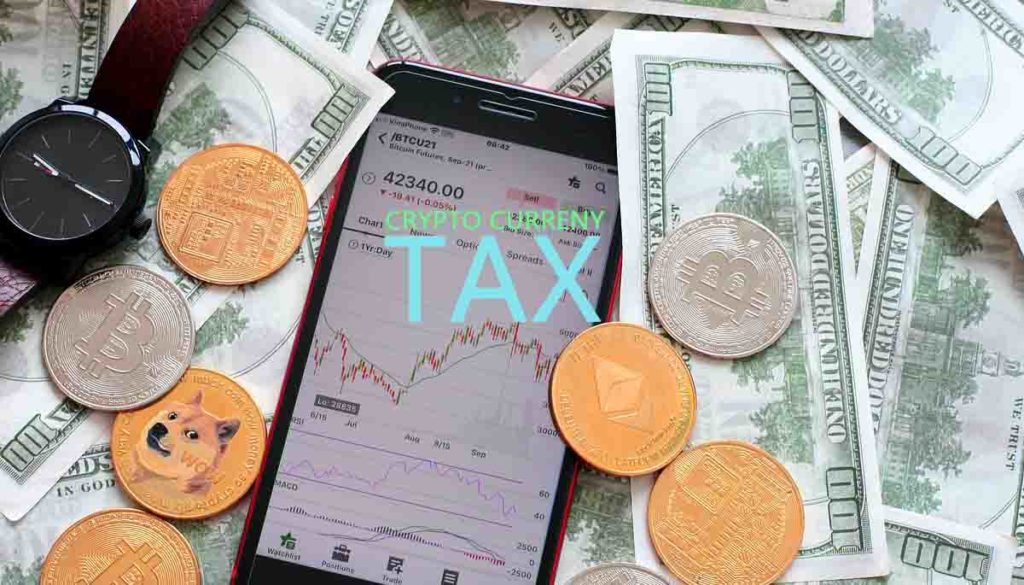
Tax on cryptocurrencies is a nightmare for Indians as the government keeps changing it time to time. Being an investor in the digital assets or digital coins, here’s current details on crypto tax in India which will help you to understand how much you have to pay to government if you make profit on selling coin!
This is 2025, and still a lot of confusion among people about the tax on cryptocurrencies in India. The government has changed its policy regarding cryptocurrencies in the last few years to make it clear how taxation will be done on this new financial medium. Currently, the rules related to tax on cryptocurrencies in India were announced by the government in June 2024, when Finance Minister Nirmala Sitharaman gave information about it in the Union Budget.
The government had announced a tax of 30% on income from cryptocurrencies. This rate is similar to the rates applicable to income from gambling, lottery and other speculation in India. Additionally, a provision of 1% TDS (Tax Deduction at Source) has also been kept, which applies to transactions of any digital asset. Its purpose is to monitor transactions related to cryptocurrencies and prevent tax evasion.
It is worth noting that the government has not yet recognized cryptocurrencies as a legal currency. It is seen as a digital asset, and taxation rules have been implemented on this basis. Experts believe that the 30% tax rate on cryptocurrencies could be a major deterrent for investors, especially those who make small investments.
The tax rules on cryptocurrencies also mention that any kind of loss will not be allowed to be set off against other income. This means that if an investor makes a loss in crypto trading, he cannot balance it with other profits. Apart from this, tax will also be applicable on crypto gifts, and the person receiving it will have to declare it.
Experts believe that this tax policy may slow down the growth of cryptocurrencies and turn away potential investors. However, the government has taken this step to bring more transparency and discipline in this sector. The Finance Minister Nirmala Sitharaman has also clarified that the government is considering bringing a digital currency in collaboration with the Reserve Bank of India, which will be known as the Central Bank Digital Currency (CBDC).
To increase transparency regarding crypto tax in India, the government has advised investors and traders to give correct information of their transactions. Experts suggest that investors should attach all relevant documents and proofs while declaring crypto income in their tax returns.
In conclusion, the main aim of taxing rules on cryptocurrencies in India is to regulate the trading of digital assets and reduce the risks associated with it. However, its impact can be both positive and negative on the use and investment of cryptocurrencies. The real impact of this policy will be seen in the coming years, as the government is set to revise and improve it.
The current tax on crypto in India is 30% as per Section 115BBH, applicable from April 1, 2022, but seems in upcoming budget announcement sessions the tax on crypto reduced to 12.5%. So no matter what your income tax slab is? How much you earn or where you live (Delhi, Mumbai, Pune, Chandigarh)?, You will have to pay 30% tax on selling crypto coins and that is fixed and final which you can ignore.





